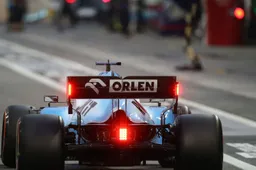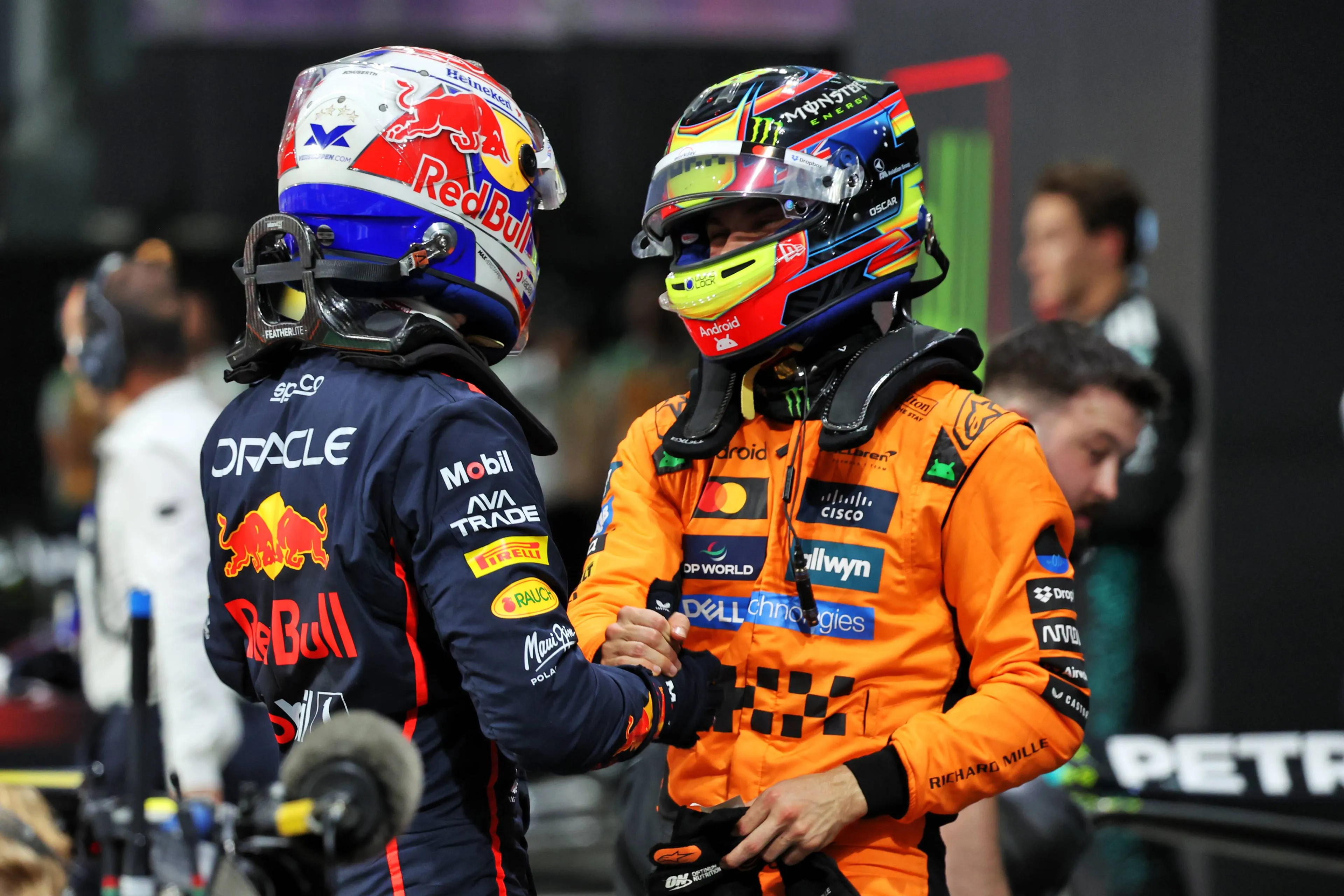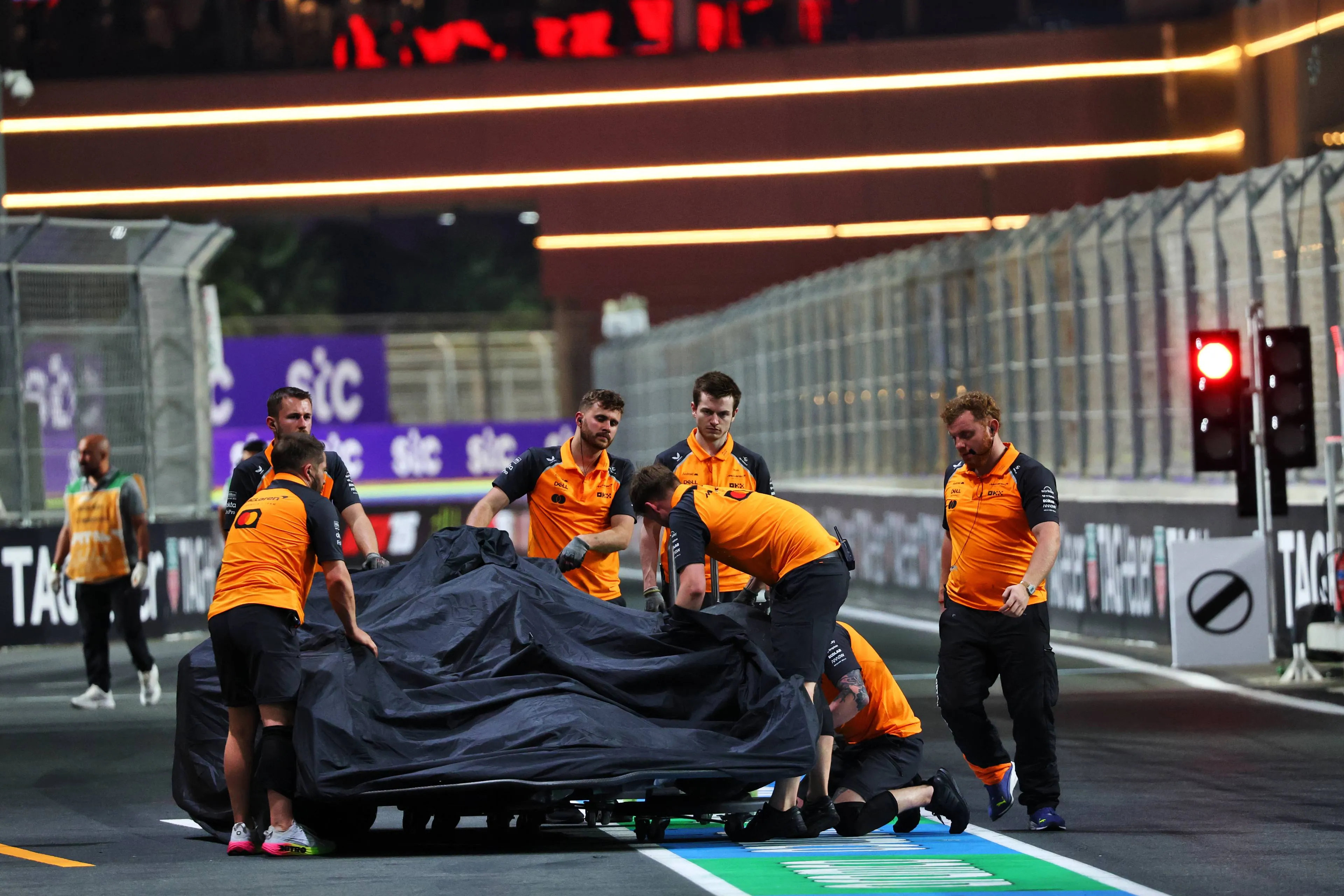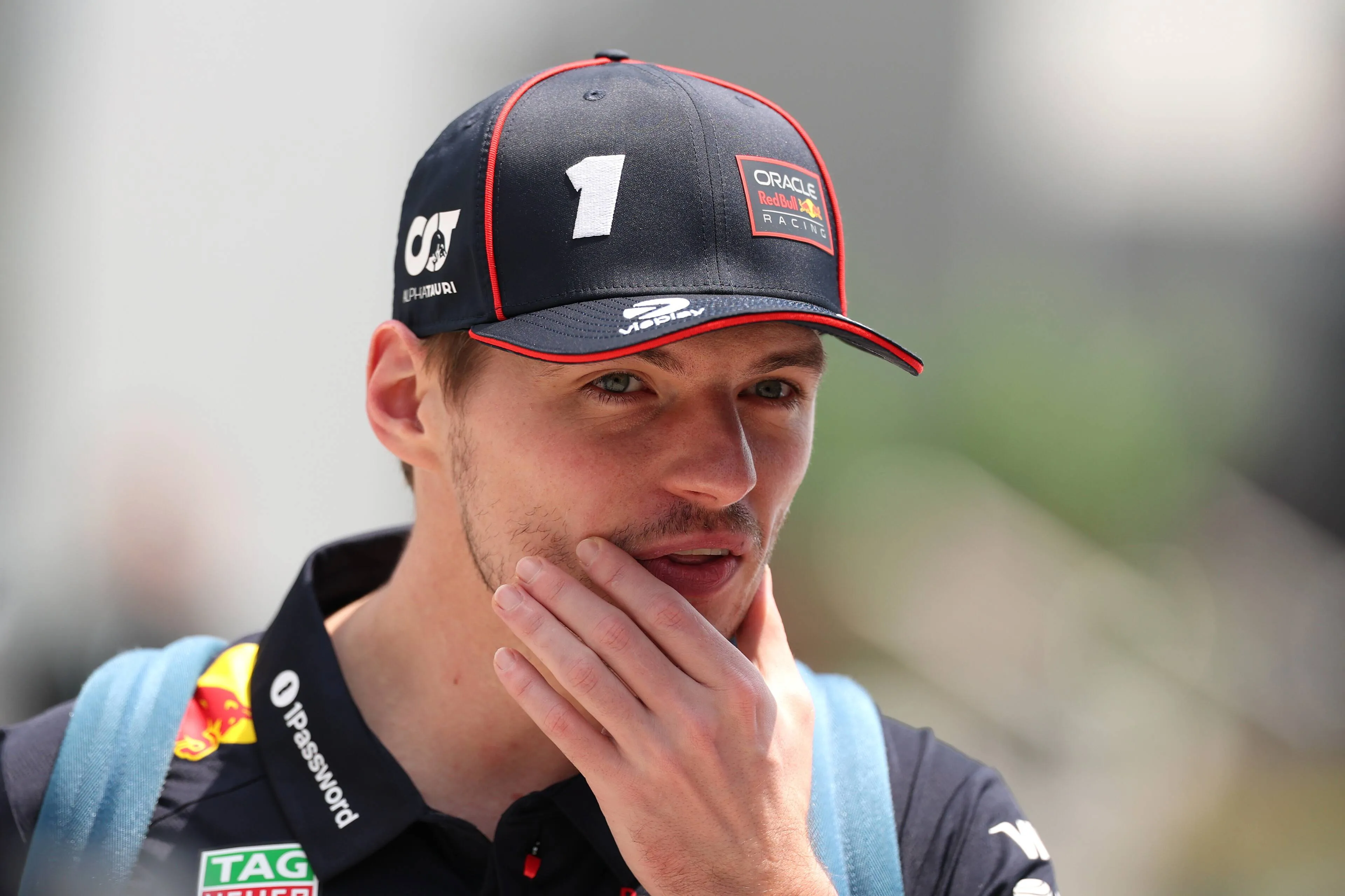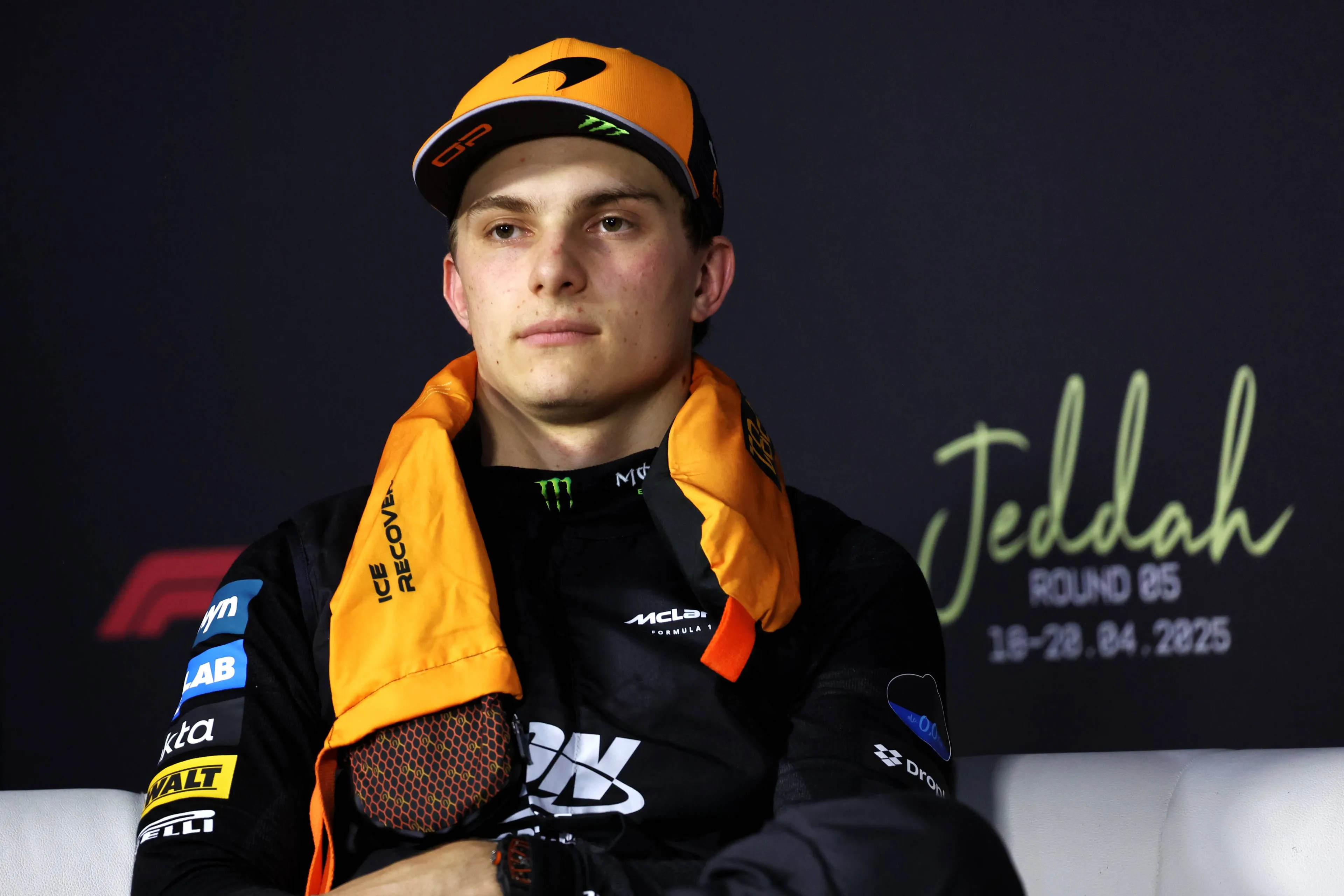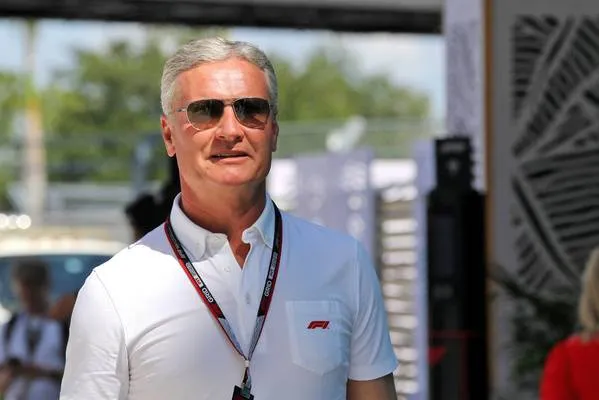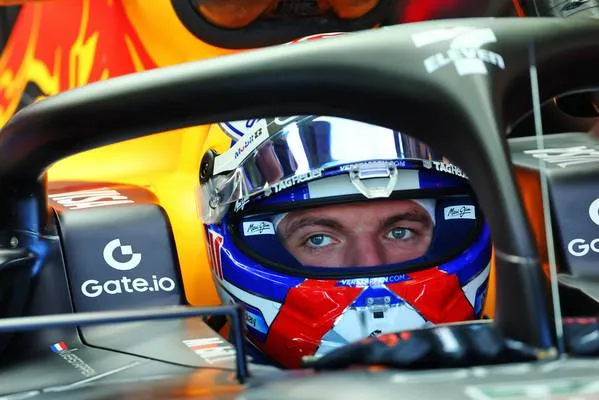Welcome back to GPBlog’s countdown to the season opening 2020 Australian Grand Prix, where we’re looking at one of our top 50 F1 drivers of all time each day as we get closer to lights out in Melbourne. You can catch up on yesterday’s piece on Jody Scheckter here, but today we’re talking about a former rival, friend and even neighbour of Scheckter, James Hunt.
Hunt encapsulated everything about F1 in the 1970s. He was fast, fearless and lived a glamorous lifestyle but one that meant he burnt out too quickly.
After time in Formula 3, Hunt made the leap to F1 in 1973 with Hesketh Racing, debuting at Monaco (where else?).
He was on the pace early on, scoring two podiums that year and three more the following season, although reliability issues prevented him from finishing higher than P8 in the final standings.
1975 was Hunt’s real breakout year, a season that saw the Hesketh become one of the quickest cars in the field – provided it wasn’t broken down or in the wall. Whenever Hunt finished, it was in the points, owing to his and Hesketh’s raw speed.
He took his maiden victory in the Dutch GP and three further P2 finishes gave him fourth place in the overall standings that year. When Hesketh folded at the end of the season, Hunt took advantage of Emerson Fittipaldi’s move to take the vacant spot at McLaren.
In one of the most brilliant season in F1 history, Hunt went head to head with Niki Lauda for the title, as brilliantly documented in the film Rush.
Hunt was quick in the McLaren, taking pole in the opening two races, although he retired in Brazil and was overtaken by Lauda in South Africa. He took victory at race four in Spain but Lauda’s early season pace was too hot to handle.
Following the Swedish Grand Prix, where Hunt could only manage P5, Lauda had a 32 point lead over the Brit, astronomical at the time.
Disqualification from the British Grand Prix only made it more difficult for Hunt, who had originally won the race. The title turned on its head after Lauda’s horrific crash at the Nurburgring, as Hunt took his third victory of the season.
Whilst the Austrian was still recovering, Hunt picked up another victory in the Netherlands, before his brave rival returned in Italy.
Further victories in Canada and the USA brought the title down to the final round in Japan. Lauda brought his car into the pits at the end of lap one, claiming it was too wet to race. This left Hunt needing third place to take the title.
He led most of the way before a late pitstop sent him down to P5, but he was able to overtake Alan Jones and Clay Regazzoni to claim P3 and his only F1 world title, capping off a quite remarkable season.
Hunt was unable to repeat his 1976 heroics, suffering from crashes and unreliability the following year and then just total uncompetitiveness in 1978. He retired after a poor half season with the Wolf team in 1979.
Hunt passed away of a heart attack aged just 45 in 1993, leaving a legacy of a fast and instinctive driver who never knew when to give up. His story is one of somebody whose flame burned bright, but all too quickly.
Read more about:
Popular on GPBlog
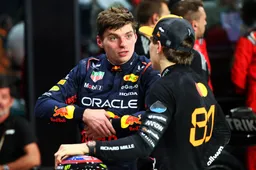
1
Norris crash gave Lambiase crucial idea says Max: 'It was the right call'
1214 times read
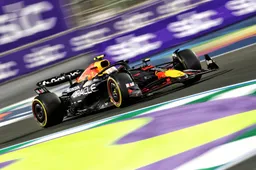
2
F1 Live | Follow Qualifying for the 2025 Saudi Arabian Grand Prix!
851 times read
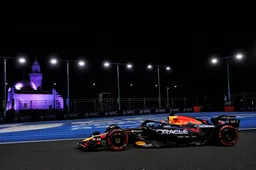
3
Max Verstappen flies to pole in Jeddah, Norris crashes out!
775 times read
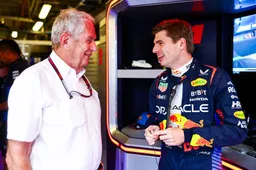
4
Marko makes striking statement after Verstappen's pole: 'McLaren bluffed quite a bit'
769 times read


